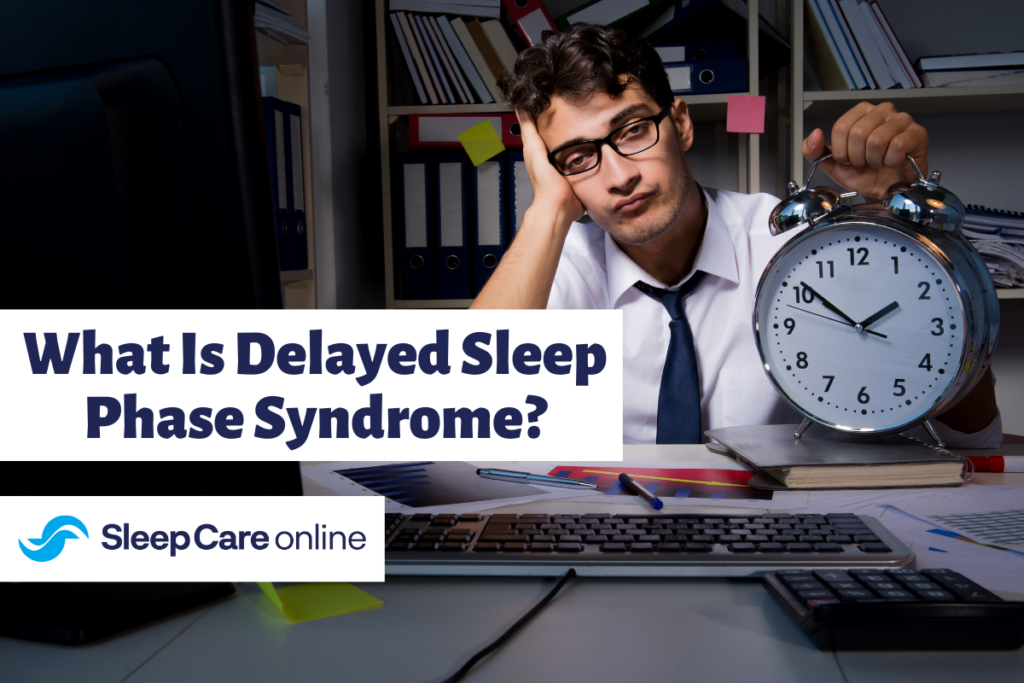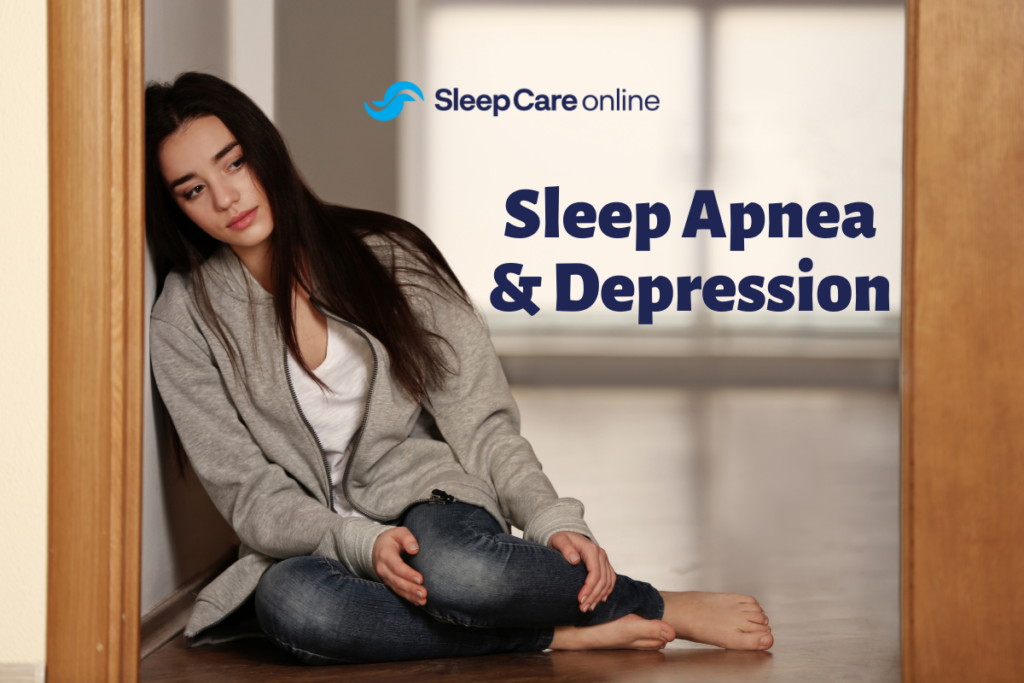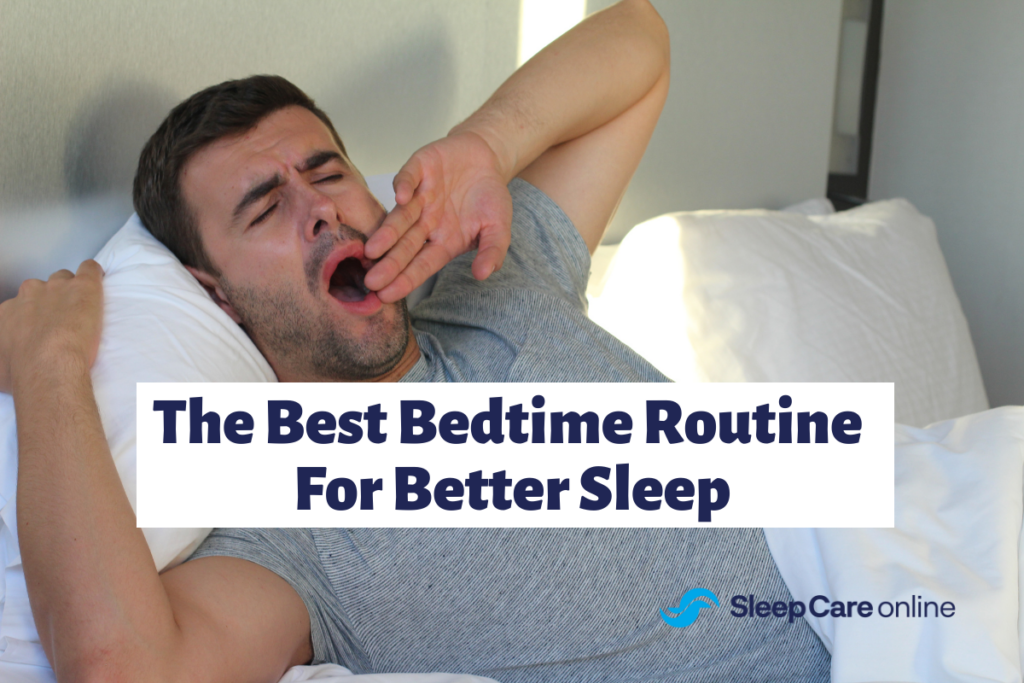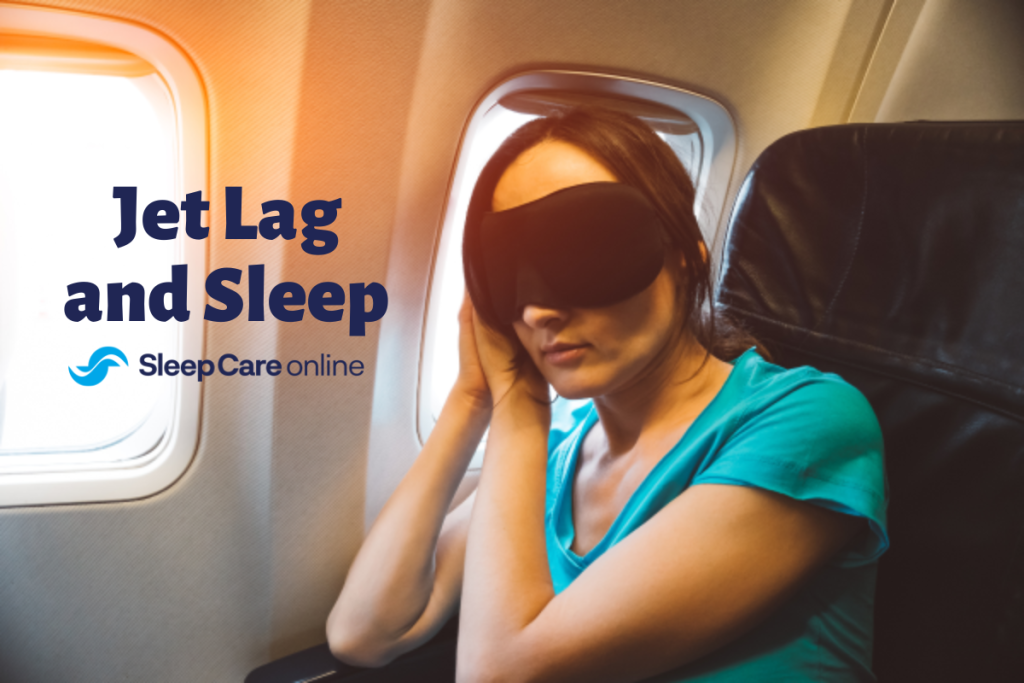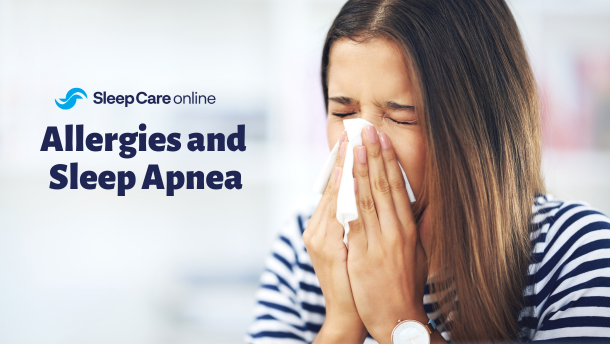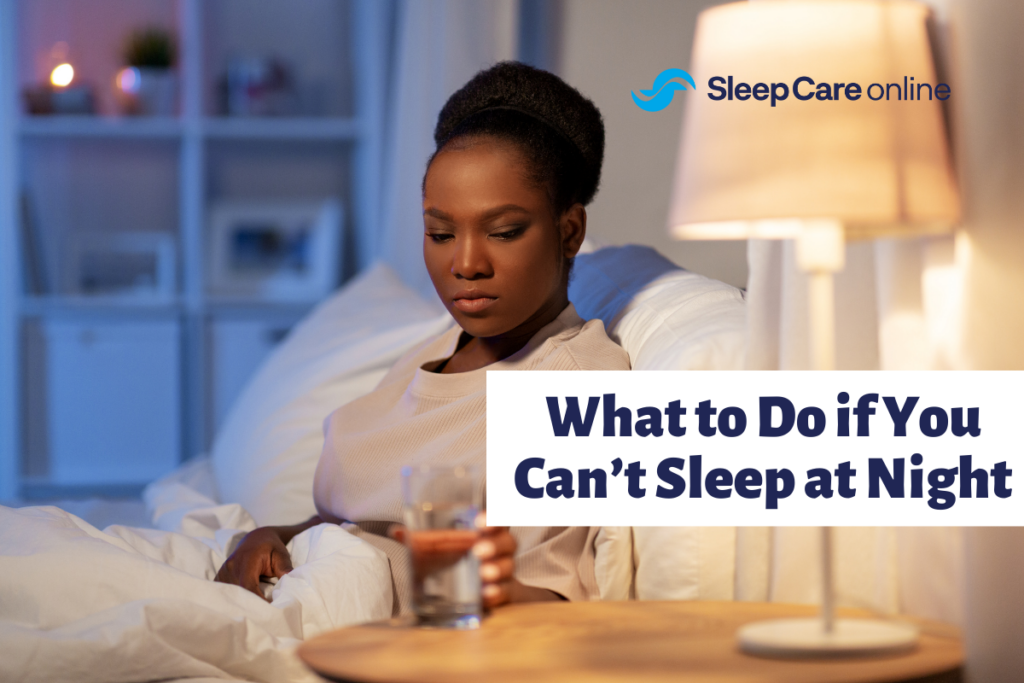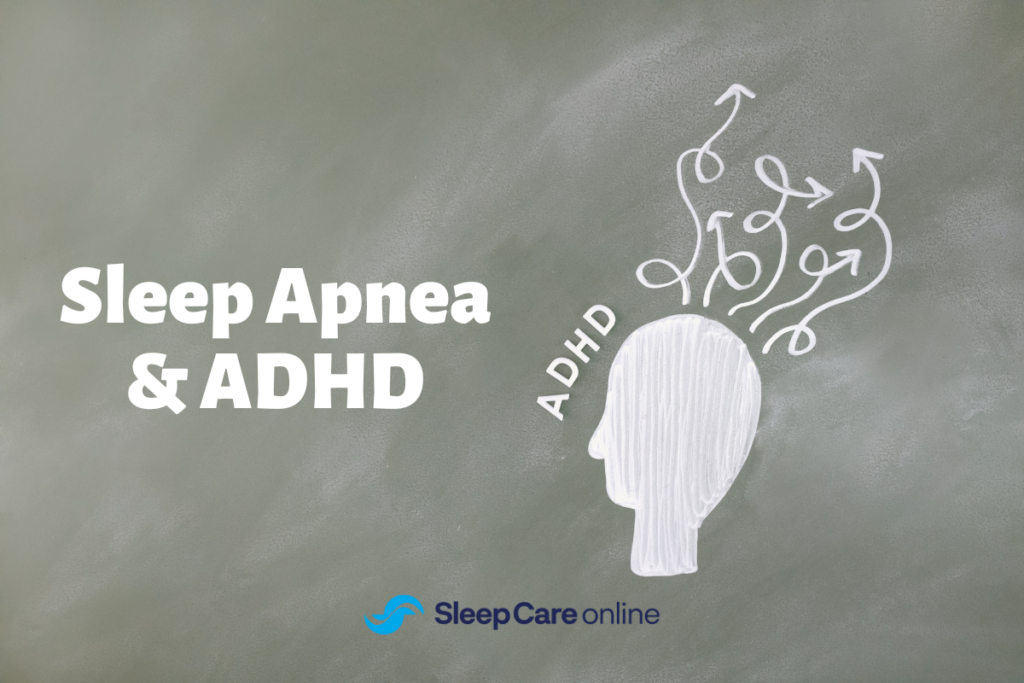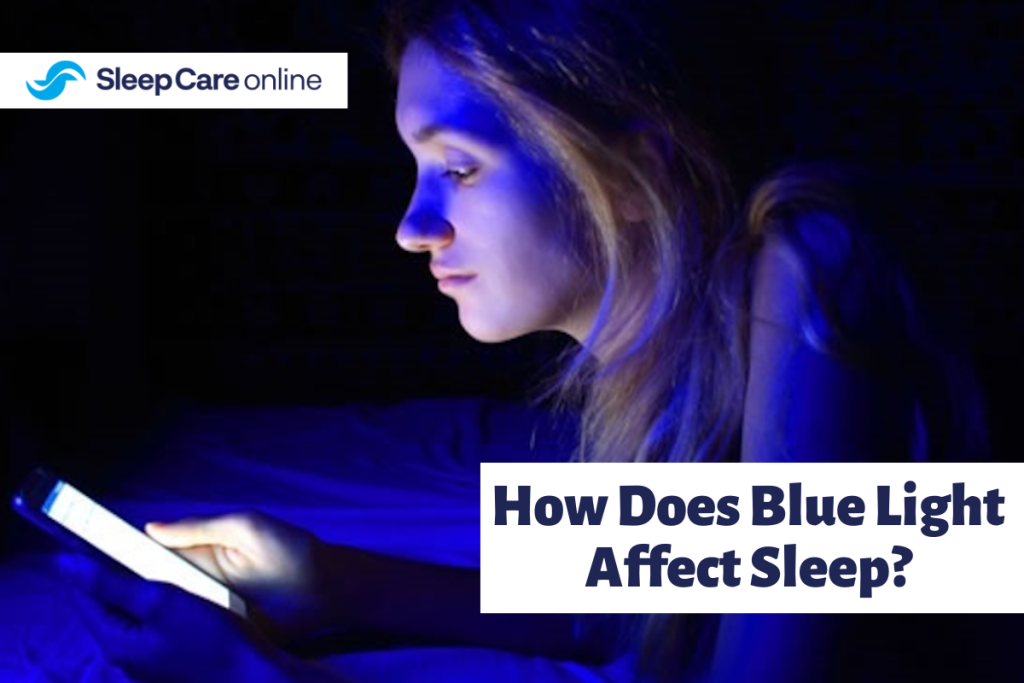What Is The Best Bedtime Routine For Better Sleep?
Having a bedtime routine every night helps create habits that…
AI in Sleep Medicine
Developing technologies applied to everything from virtual reality to manufacturing…
Jet Lag and Sleep: Everything You Need to Know
Jet lag is a short-term sleep disorder that affects anyone…
What to Do if You Can’t Sleep at Night
Difficulty with sleep is a common problem. Nearly 50-70 million…
Sleep Apnea and ADHD
Attention-Deficit/Hyperactivity Disorder, also known as ADHD, affects approximately 11% of…

